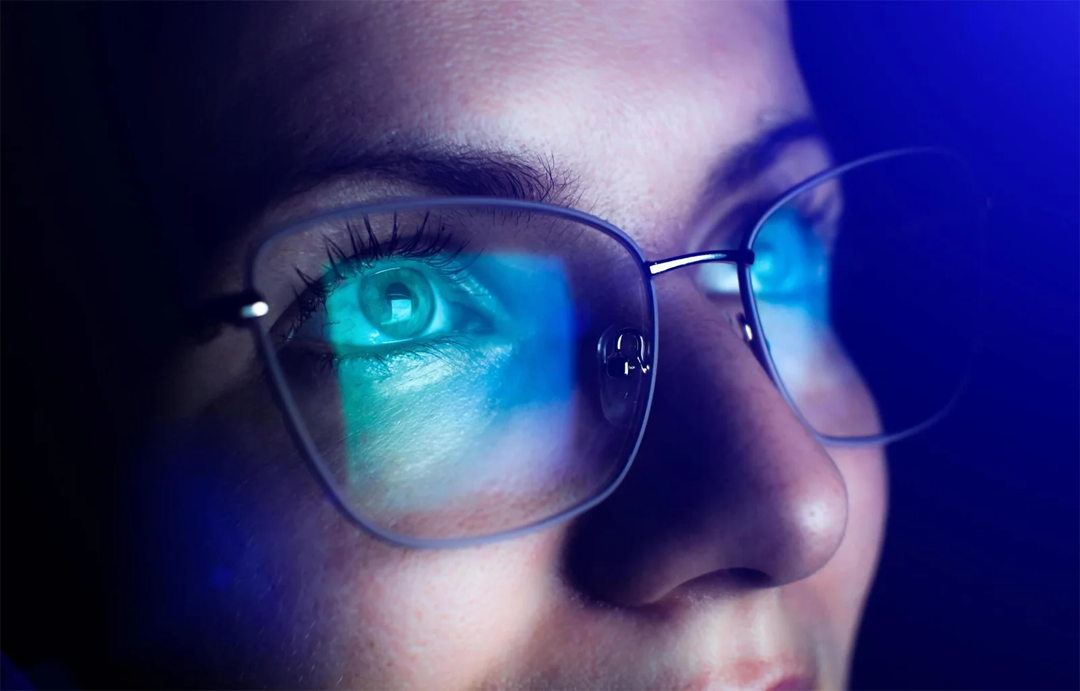
If it seems like more people are complaining about their vision, it’s because eye issues are becoming more common than ever before. According to the American Academy of Opthalmology, the number of individuals diagnosed with eye diseases is growing to such a degree that by 2050, nearly a billion people will have ocular issues. Understandably, this has encouraged the adoption of corrective and protective eye tools. One of the most popular today is blue light-filtering eyewear.
In fact, the interest in these glasses is so large that their global market is expected to be among the fastest-growing industries by 2030. This is following years of a continued upward trend, thanks to digitalization, that’s increased their demand. Despite all this, not a lot of people understand the nuances that make blue light eyeglasses truly valuable. Here are a few facts you should know:
They filter a specific wavelength
While the name suggests that these glasses filter out blue light, in general, that’s not the case. It’s important to understand that blue light actually refers to a third of all visible light in the spectrum, and it’s not all bad. As such, blue light glasses are actually designed to filter out only the potentially harmful blue-violet light. This is the light that’s between 400 to 455nm, which can cause retinal damage over time. On the flip side, these glasses do allow in beneficial light, like turquoise-blue light, that helps regulate moods and sleep, among other things. This ensures that your eyes are well-protected, but you’re still enjoying the holistic benefits of proper light exposure.
They can benefit overall wellness
Blue light’s negative effects are not just limited to your vision or to the moments when you’re directly exposed to it. Much like how a sunburn will hurt even when you’re no longer under the sun, blue light’s physical impacts linger. Starting with your eyes, overexposure to blue light can cause straining. If the eyes are tired, this can cause physical distress that can color your comfort, concentration, and more. This can easily snowball into other conditions as we use our eyes to fulfill many routines that influence health, like eating well and working out. In many cases, blue light’s effect on fatigued eyes can compound its impact on the circadian rhythm, leading to insomnia. This is why many suggest avoiding blue light-emitting electronics for better sleep. Fortunately, blue light glasses prevent oxidative stress, keeping your eyes more comfortable and safe throughout the day while significantly cutting down blue-violet penetration.
They aren’t just for gadget users
Although blue light is more closely associated with computers and monitors, it’s actually emitted by other light sources, too. This includes other artificial light sources like LED bulbs and natural sources like the sun. In reality, the sun is the biggest source of blue light. Having said this, blue light glasses can help even those who clock in little to no screen time, like seniors or young kids. Some blue light glasses will even have UV filters on them, so they can more efficiently protect against damage indoors and outdoors. That said, blue light glasses aren’t a replacement for sunglasses, which may have stronger lens coatings and more protective wraparound frames. Should you be spending more time under the sun, it’s better to have both sunnies and blue light specs handy for different levels of exposure and brightness.

